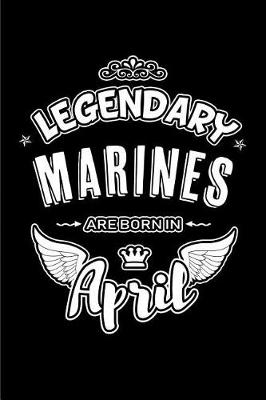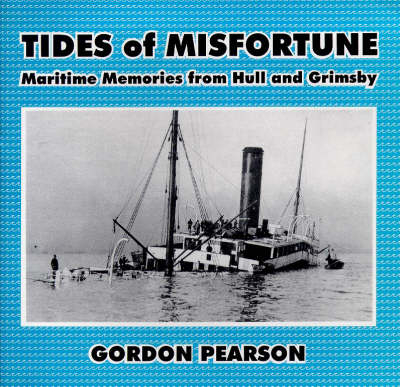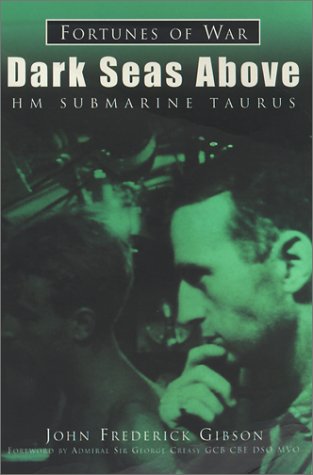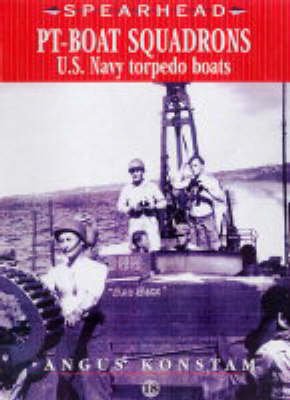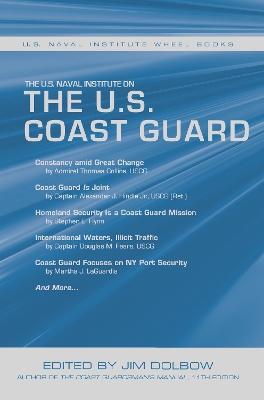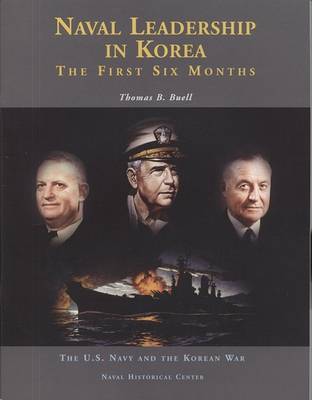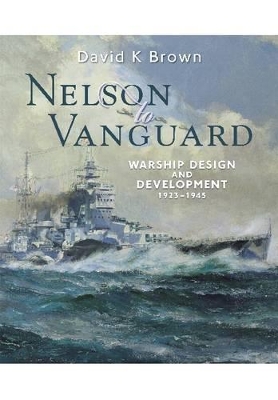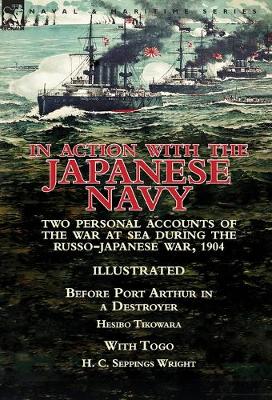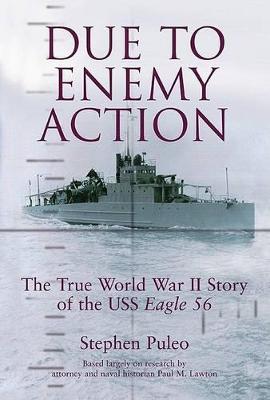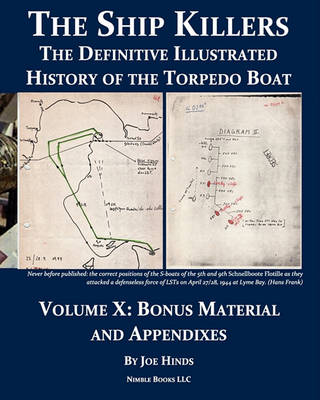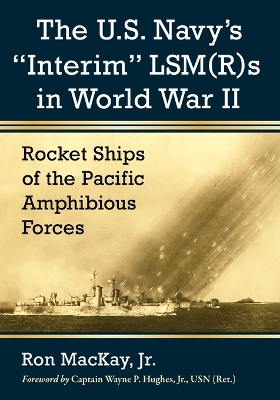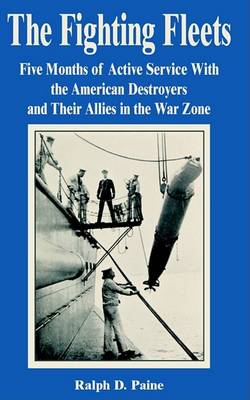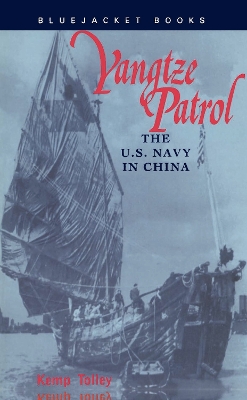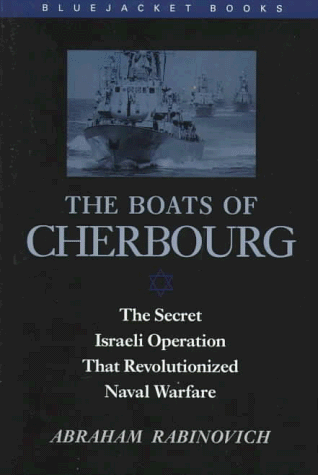The Washington Navy Yard
by U S Military, Department of Defense (Dod), and U S Navy (Usn)
Lt. Gibson's narrative shows the constant struggle of the Submariner with the element on which he works -- the sea; & the grand comrade ship engendered lotwn. officers & men by service in submarines. It is doubtful the general public is away of the great results achieved by the Royal Nayy's submarine services.
Dutch Deltas (Brill's Studies in Maritime History, #1)
by Werner Scheltjens
In Dutch Deltas, Werner Scheltjens examines the emergence, functions and structure of the Low Countries' maritime transport system between ca. 1300 and 1850. Scheltjens introduces the delta as a suitable geographical unit of analysis for understanding the regional economic origins of communities of maritime transporters. The author proves that changes in maritime trade networks and in the structure of regional economies entailed a process of specialisation, which led to the emergence of 'profess...
The U.S. Naval Institute on the U.S. Coast Guard (Wheel Book)
by Jim Dolbow
As part of the Wheel Book series, The U.S. Naval Institute on the U.S. Coast Guard provides professional sea service officers with insights into the roles, mission, and history of the U.S. Coast Guard. This service, the fifth and smallest branch of the U.S. military, plays a vital role in national defense and homeland security. The archives of the U.S. Naval Institute contain a treasure trove of information about the Coast Guard, with some important selections re-appearing in print for the first...
Naval Leadership in Korea (U.S. Navy and the Korean War)
by Thomas B. Buell
Nelson to Vanguard: Warship Design and Development 1923-1945
by D. K. Brown
The third volume in D K Brown's bestselling series on warship design and development looks at the Royal Navy's response to the restrictions placed on it by the Washington Naval Treaties in the inter-war years, and analyses the fleet that was constructed to fight the Second World War. He focusses on the principal pre-war developments such as the first purpose-built aircraft carriers and the growing perception of the threat of air attack to warships. All the wartime construction programmes are cov...
Ottoman naval technology underwent a transformation under the rule of Sultan Selim III. New types of sailing warships such as two- and three-decked galleons, frigates and corvettes began to dominate the Ottoman fleet, rendering the galley-type oared ships obsolete. This period saw technological innovations such as the adoption of the systematic copper sheathing of the hulls and bottoms of Ottoman warships from 1792-93 onwards and the construction of the first dry dock in the Golden Horn. The cha...
In Action With the Japanese Navy
by Hesibo Tikowara and H C Seppings Wright
"Due to Enemy Action tells for the first time a World War II story that spans generations and straddles two centuries, a story that begins with the dramatic Battle of the Atlantic in the 1940s and doesn't conclude until an emotional Purple Heart ceremony in 2002. Based on previously classified government documents, military records, personal interviews, and letters between crew members and their families, this is the saga of the courageous survival of ordinary sailors when their ship was torpedo...
Summary & Highlights Thomas Jefferson and the Tripoli Pirates
by Summary Reads
The Definitive Illustrated History of the Torpedo Boat, Volume X
by Joe Hinds
Naval Manning Agency (House of Commons Papers, No. 175 (Session 1998-99))
The ""Interim"" LSM(R) or Landing Ship, Medium (Rocket) was a revolutionary development in rocket warfare in World War II and the U.S. Navy's first true rocket ship. An entirely new class of commissioned warship and the forerunners of today's missile-firing naval combatants, these ships began as improvised conversions of conventional amphibious landing craft in South Carolina's Charleston Navy Yard during late 1944. They were rushed to the Pacific Theatre to support the U.S. Army and Marines wit...
The U.S. Navy's patrol of the Yangtze River began in 1854 when the USS Susquehanna was sent to China to safeguard increasing American commerce in the region. As Kemp Tolley explains in this entertaining history of the patrol in which he was to later serve, the presence of gunboats along the river greatly benefited the integrity of the shoreline factories. Tolley was a young naval officer in the 1930s when assigned gunboat duty, first in the Mindanao, then in the Tutuila, and finally the Wake in...
Covers geographic coordinates, compasses, dead reckoning, tides, currents, radar piloting, and celestial, satellite, inertial, omega system, and computer navigation.
The story of the revolutionary missile boat used by Israel in the Yom Kippur War.
